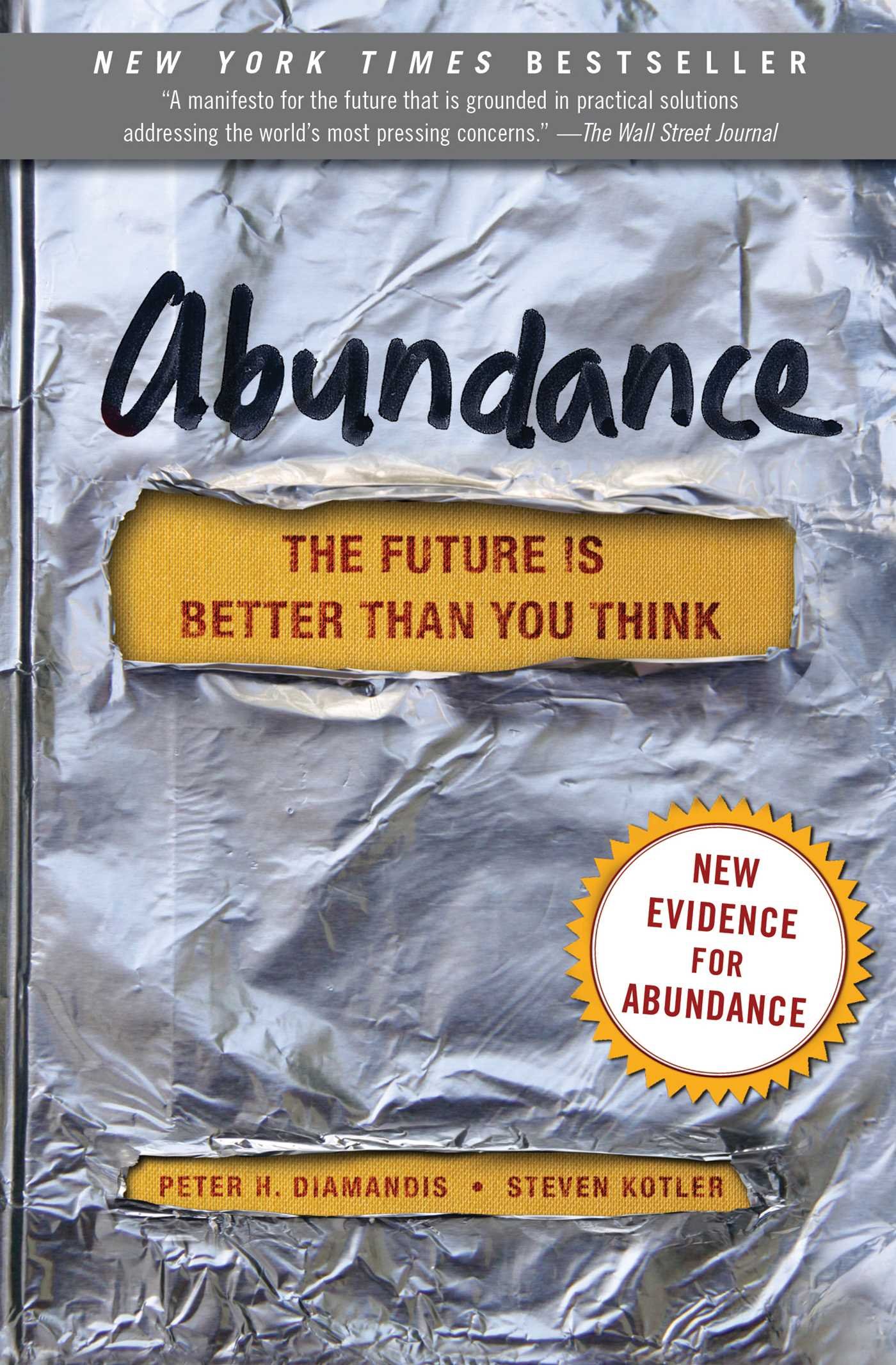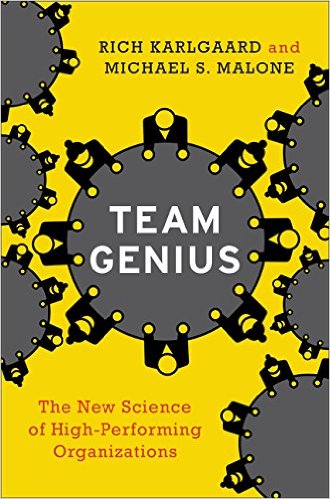Hate Kills
Weekly Wisdom #11
When hate takes over – things get ugly. Sadly, there are people in our daily lives that spend a substantial amount of time being negative and sometimes downright hateful. Whether they feel they’ve been wronged, feel threatened or quite simply developed a strong distaste for people and situations they remain locked on negativity. There are several factors why people simply don’t like other people. Perhaps it’s fear, or maybe the threat of an intelligent comment or an insightful observation. Regardless the reason – negativity can ruin your day.
But the damage done by the all those negative thoughts and actions is exponentially worse for the person doing all the hating. It’s your job to rise above and find the motivation to focus on the positive when individuals and comments get you down.
Chronic stress from negative attitudes can upset the body’s hormone balance and deplete the brain chemicals required for feelings of happiness, as well as have a damaging impact on the immune system. Simply put, it’s bad for your health to spend time on negative thoughts or actions. Numerous studies have shown that optimists are physically and psychologically healthier than pessimists.
Martin Seligman at the University of Pennsylvania has conducted extensive research on the topic. He explores an important distinction—whether people consider their failures the product of personal deficits beyond their control or mistakes they can fix with effort. Seligman finds much higher rates of depression in people who attribute their failures to personal deficits. Optimists, however, treat failure as a learning experience and believe they can do better in the future.
5 Ways to Change Your Frame of Mind
1. Pump Up Your Positive “Self-Talk” – Most of our negative thoughts are just that—thoughts, not facts. Keep telling yourself that you’re awesome, because you are!
2. Forgiveness – The practice of forgiveness has been linked to better immune function and a longer lifespan. Don’t hang onto things that can harm you, let yourself and others off the hook.

THE BOOK OF THE WEEK
Peter Diamandis’ – Abundance
(Click the Image to buy a copy of the Book)
Last Weeks Book Summary
Rich Karlgaard & Michael S. Malone’s – Team Genius
(Click the Image to buy a copy of the Book)
Team Genius was a book that did not critically impress me. I tend to read a lot of management and business books and Team Genius only solidified ideas and concepts that are well known within the business world. If you are just starting out managing your first team, this book may be a good fit for you.
However, if you have some management experience and are half the information-junkie that I am, then you probably won’t gain a whole lot of insights. One of the best take-away that I gleaned from the book was the ideal size of teams for particular tasks.
- Teams of 3 are idea for small teams
- The maximum number of people that you can bump into and not feel having a drink with is 150
- 3-5 is the amount of friends and family whose death we would deeply mourn
- 1500 the maximum size of a team, also size of a military battalion





